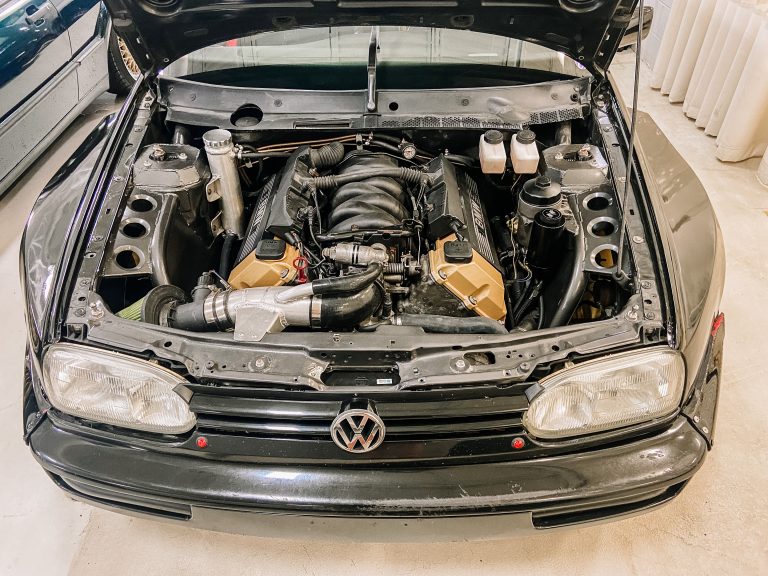Electrical problems in cars can be frustrating and inconvenient. Whether it’s a faulty battery, malfunctioning headlights, or issues with the car’s electrical systems, these problems can cause a lot of headaches for car owners. However, with the right knowledge and tools, many electrical issues in cars can be resolved without having to take your vehicle to a mechanic. In this article, we’ll discuss some common electrical problems in cars and how you can fix them yourself.
Identifying the Problem
The first step in fixing an electrical problem in your car is identifying the issue. Some common signs of electrical problems include:
- Dim or flickering lights
- Difficulty starting the car
- Blown fuses
- Malfunctioning power windows or locks
- Strange smells coming from the electrical system
Once you have identified the issue, it’s time to troubleshoot and fix the problem.
Fixing Electrical Issues
Here are some common electrical problems in cars and how you can fix them:
Dead Battery
A dead or weak battery is a common electrical problem in cars. If you’re having trouble starting your car, the first thing to check is the battery. You can use a multimeter to test the battery’s voltage. If the voltage is low, you can try recharging the battery or jump-starting your car. If the battery is old or damaged, it may need to be replaced.
Blown Fuses
If certain electrical components in your car stop working, there may be a blown fuse. Consult your car’s manual to locate the fuse box and check for any blown fuses. If you find a blown fuse, replace it with a new one of the same amperage.
Faulty Wiring
Loose or damaged wiring can cause electrical problems in cars. If you suspect faulty wiring, visually inspect the wires for any signs of damage or wear. Use a wiring diagram to trace the wiring and test for continuity with a multimeter. If you find any damaged wires, they will need to be repaired or replaced.
Malfunctioning Lights
If your headlights, taillights, or interior lights are malfunctioning, it may be due to a bad bulb or a faulty connection. Replace any burnt-out bulbs and check the connections for corrosion or damage. Cleaning the connections and using dielectric grease can help ensure a good electrical connection.

Credit: shavercheck.com
When to Seek Professional Help
While many electrical problems in cars can be resolved on your own, some issues may require professional attention. If you are uncomfortable working with electrical systems or if you are unable to identify the problem, it’s best to seek help from a qualified mechanic. Additionally, complex electrical issues such as problems with the car’s computer system or wiring harness may require specialized knowledge and tools to diagnose and fix.
Conclusion
Electrical problems in cars can be frustrating, but with the right approach, many of these issues can be addressed without having to spend a lot of money at the mechanic. By identifying the issue, troubleshooting the problem, and making the necessary repairs, you can get your car’s electrical systems back in working order. Remember to always prioritize safety when working with car electrical systems and seek professional help when needed.






